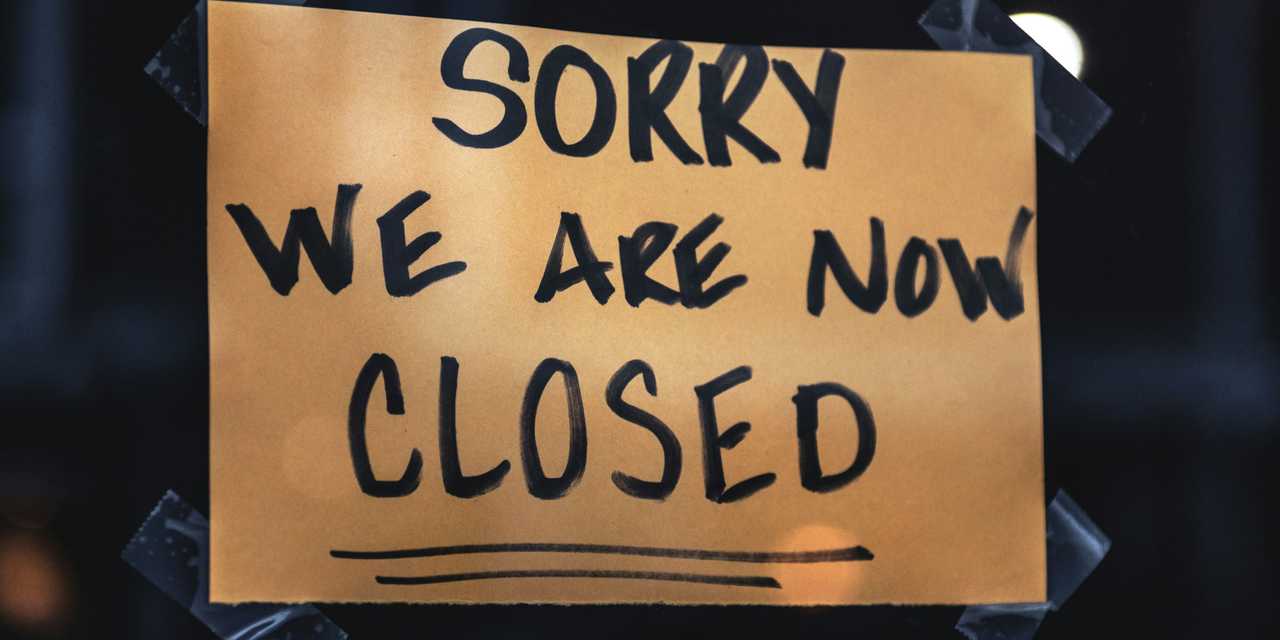When financial troubles become too much to handle, declaring bankruptcy might be a necessary step. It's a legal procedure that helps people or businesses clear their debts and start anew.
By understanding what bankruptcy involves, from the different options available to the steps for filing, to what to expect after, you’ll be best placed to navigate this daunting process with confidence.
What is Bankruptcy?
Bankruptcy is a legal process designed to help individuals and businesses manage overwhelming debt. It provides a structured way to address financial obligations that can't be paid under current circumstances.
Through this process, those in debt can obtain relief from their creditors and, depending on the type of bankruptcy, either sell their existing assets to pay debts or create a plan to repay them over time. There are actually plenty of pros and cons of bankruptcies in the UK.
Types of Bankruptcy in the UK
There are three different forms of bankruptcy in the UK: Bankruptcy, Individual Voluntary Arrangement and Dept-Relief Order.
Bankruptcy
Bankruptcy is suitable for people who can’t repay their debts and have no viable alternative solutions. Bankruptcies last for 12 months in the UK.
When a person declares bankruptcy in the UK, a trustee is appointed to manage the sale of their non-exempt assets to pay their creditors. The process aims to fairly distribute the proceeds obtained from selling the debtor's assets. After 12 months, the bankrupt person is usually discharged from most of their debts, offering a chance to start afresh financially.
However, the impact on the individual's credit rating is significant and lasts for six years, affecting their ability to borrow in the future.
Individual Voluntary Arrangement (IVA)
An IVA is an option for people seeking to avoid full bankruptcy by arranging a repayment plan with their creditors. It’s most suitable for those with a regular income and some amount of disposable income, and it allows debtors to pay back a portion of their debts over an agreed period, usually five years.
During the IVA, creditors are forbidden from taking further action against the debtor. The arrangement must be approved by the creditors holding at least 75% of the debtor’s debt.
Successful completion of an IVA can lead to the remaining debt being written off, offering a less damaging alternative to bankruptcy on a credit report.
Debt Relief Order (DRO)
A DRO is designed for individuals with total debts of less than £20,000, few assets (less than £1,000), and less than £50 surplus income each month after household expenses. It is most suitable for those who do not own their home and have low income.
A DRO provides a moratorium, or “freeze” period of 12 months, during which the creditors can’t pursue any debt repayment. If the debtor’s financial situation does not improve by the end of the moratorium, the debts included in the DRO are written off, allowing a fresh start without the burden of these debts.
This option is particularly beneficial for those who might otherwise have no realistic prospect of paying off their debts.
Read more about contract termination.
Filing for Bankruptcy: Step-by-Step Guide
Filing for bankruptcy in the UK is a serious step, and it’s important to understand the process fully. Here’s a straightforward guide to help you navigate through it:
- Assess Your Financial Situation: Before deciding on bankruptcy, evaluate your debts, assets, and income. Consider alternatives like an IVA or a DRO if they might be more suitable.
- Seek Professional Advice: Consulting with a financial advisor or a solicitor specialising in insolvency is crucial. They can provide tailored advice based on your specific circumstances and help you understand the consequences of bankruptcy.
- Complete the Application: Bankruptcy applications in the UK must be completed online. You’ll need to provide detailed information about your finances, including your debts, assets, income, and expenditure.
- Pay the Fee: There is a fee to apply for bankruptcy which you need to pay online when submitting your application. It currently costs £680 to apply to become bankrupt.
- Attend the Interview with the Official Receiver: After your application is submitted and accepted, you’ll have an interview with an Official Receiver. The receiver will ask you questions about your financial situation to understand your circumstances better.
- Cooperate with the Trustee: Once bankrupt, a trustee will be appointed to manage your bankruptcy. Your assets might be sold to pay off your debts. You must cooperate fully with the trustee, providing all the information they request.
- Follow Bankruptcy Restrictions: During bankruptcy, you’ll face certain restrictions, such as not being able to take out credit over £500 without disclosing that you’re bankrupt, and not being able to act as a company director.
- Discharge from Bankruptcy: Usually, you will be automatically discharged from bankruptcy after 12 months. However, some of the restrictions can remain longer, and your financial situation will be reviewed.
- Rebuilding Your Credit: After discharge, focus on rebuilding your financial stability and credit score. Starting with a budget, using prepaid cards, and gradually applying for small amounts of credit can help you manage your finances more effectively in the future.
Navigating bankruptcy is a significant financial decision, and understanding each step is crucial for making informed choices. Always consider every available option and seek professional advice to ensure that you choose the path that's best suited to your financial situation.

